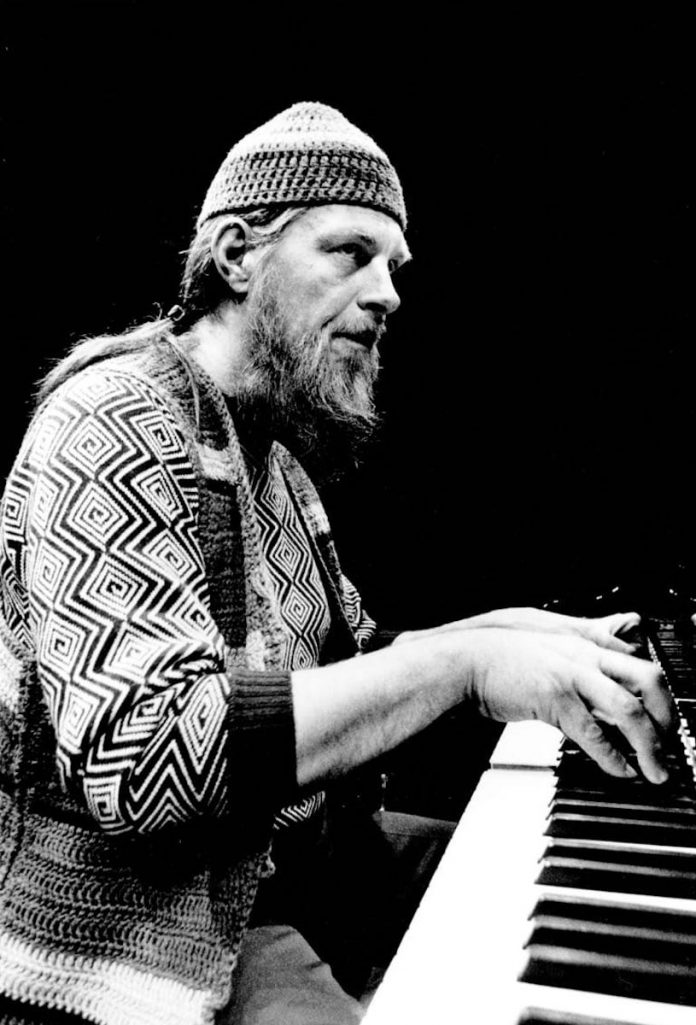Chris McGregor’s brilliant pick-up group seems to be making more and more public appearances. In our last issue Pete Gamble, reporting on their successful Notre Dame Hall debut, outlined the sort of programme they offer. At the Country Club in Hampstead, The Brotherhood Of Breath gave further evidence of being the most exciting big band in Europe.
On this date the same line-up, with the addition of Alan Skidmore and the omission of Harold Beckett, produced jazz reflecting the leader’s national heritage within the broad compass of the American parent style. Outstanding solos were heard from Dudu Pukwana, Ken Terroade, Malcolm Griffiths and Mike Osborne as well as the leader and the band was fired by the brilliant drumming of Louis Moholo. The material, culled from several pens including McGregor and Pukwana, allowed plenty of space for solos.
What makes the Brotherhood so vital, however, is the fact that the band parts are equally valid, whether scored to accommodate a rich reed section or allowed to range in free counterpoint. The contrapuntal passages were, in the main, used climactically but constantly avoided anarchy by virtue of the stylistic grasp displayed by the players.
Listening to the band’s collective moments, it was interesting to identify Griffiths’ 1970 tailgate, Evan Parker’s superb false upper-register shouts, Terroade’s flowing Coleman-inspired tenor and Mongezi’s Feza’s ferocious brass sub-strata. All coalesced to form a multi-voiced ensemble of surprising unity and made only sparing use of the insistent rhythmic rock as a unifying factor.
McGregor leads his men very much like the musical ‘action painter’. Disparate ideas are flung together without surrendering meaning or continuity. The apparent chaos actually invokes a highly personal and self perpetuating formalism and acts as a source of inspiration to the members of the band. Perhaps the most important factor in its outlook is that this band communicates with its audiences. To do so it consciously sells excitement but there is no hint of a rude noise, trite phrase or monotonous riff. Its collection of versatile musical polyglots have achieved a rapport in a remarkably short time.
















